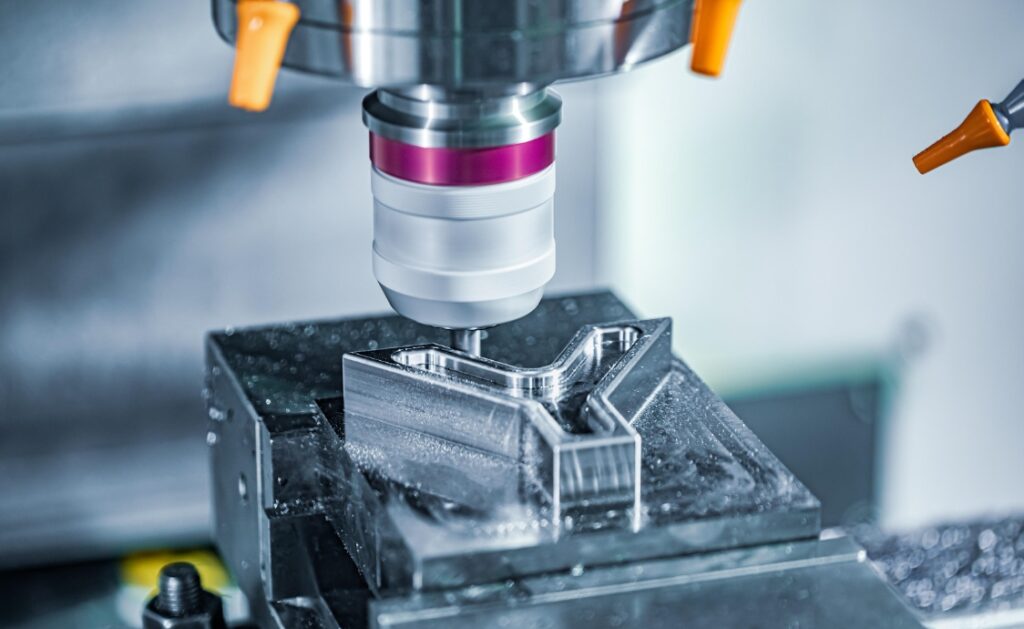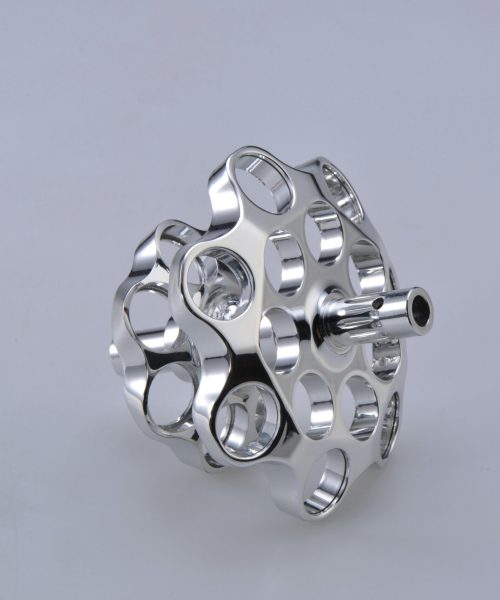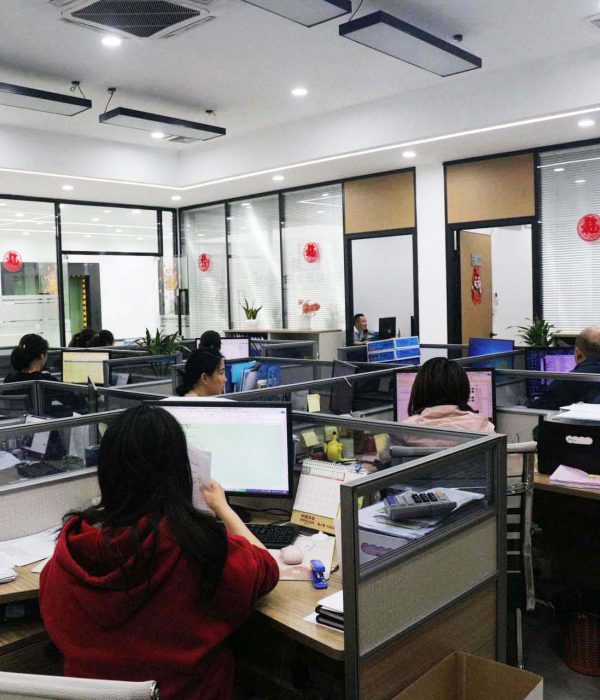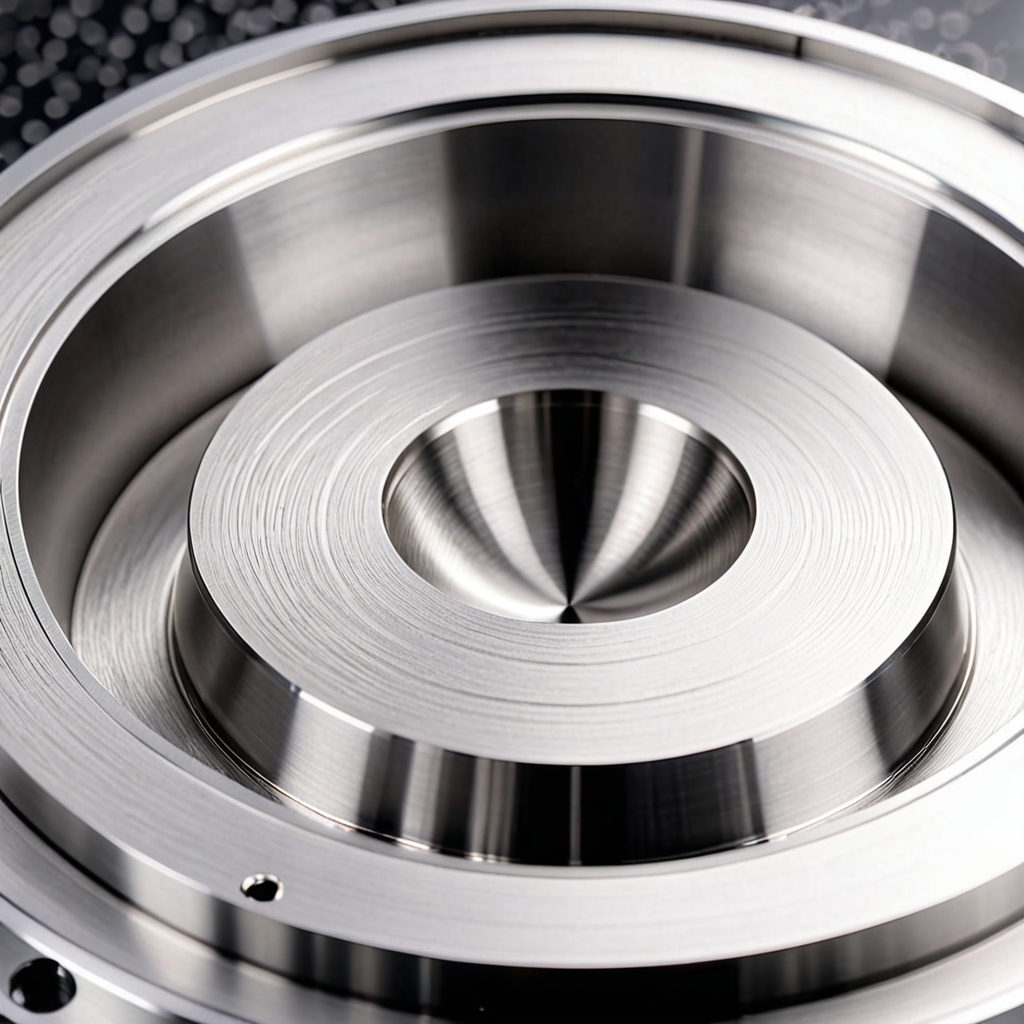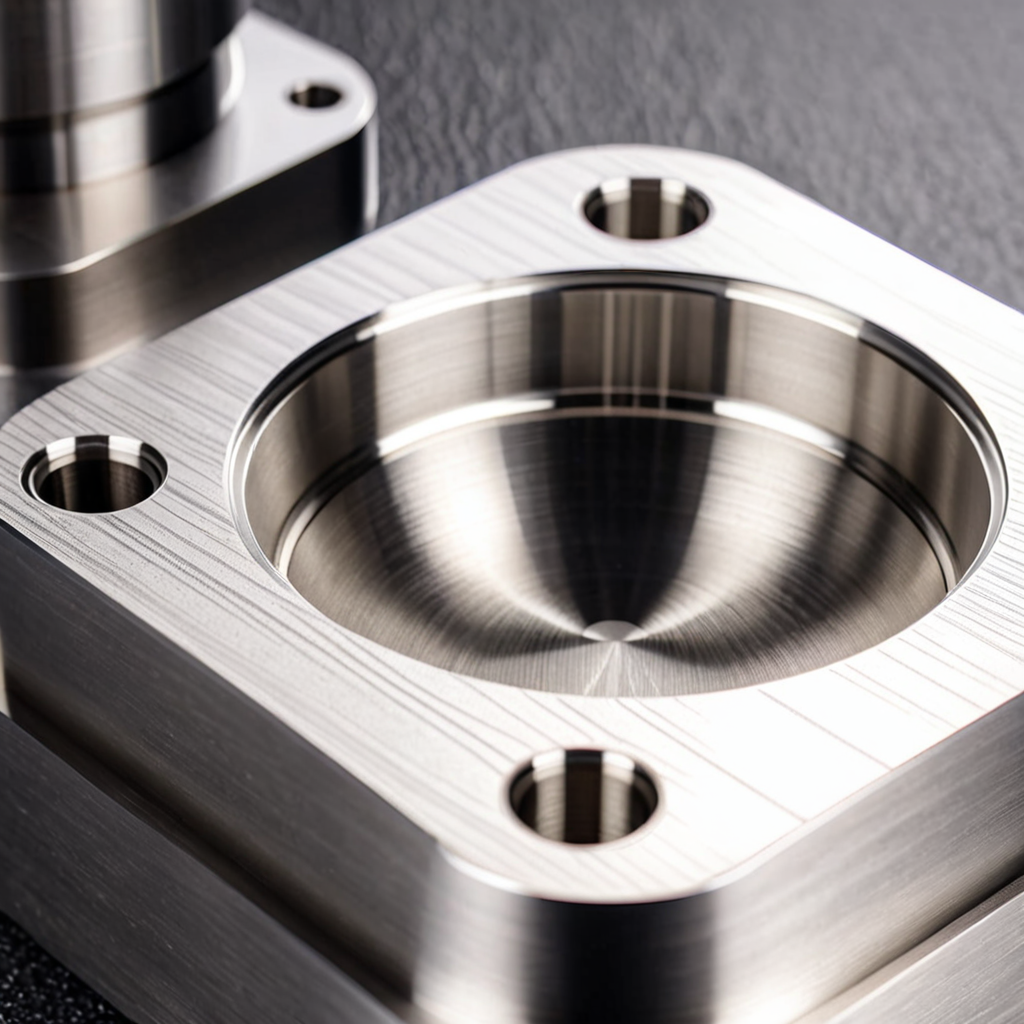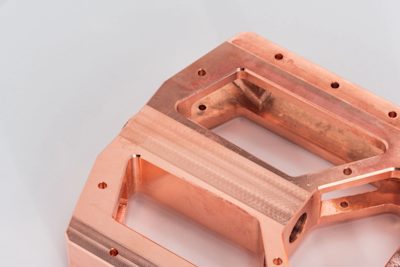The field of CNC machining continues to evolve rapidly, driven by technological advancements that enhance precision, efficiency, and productivity. As a cornerstone of modern manufacturing, CNC machining plays a pivotal role in producing high-precision components across various industries, from aerospace to healthcare. This article explores the latest trends shaping the CNC machining landscape, highlighting innovations that are redefining the future of manufacturing.
One of the most notable trends in CNC machining is the integration of automation and robotics. Modern CNC machines are increasingly being paired with robotic systems to streamline operations such as part loading, unloading, and inspection. This seamless integration not only reduces human intervention but also minimizes downtime, enabling manufacturers to achieve higher production volumes while maintaining consistent quality. Automation is particularly beneficial in high-volume production environments, where repetitive tasks can be efficiently managed by robotic systems, allowing human workers to focus on more complex and creative tasks.
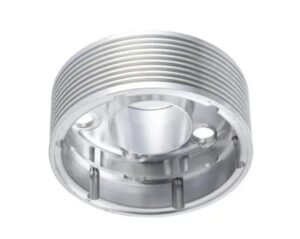

Another significant trend is the adoption of the Internet of Things (IoT) and Industry 4.0 technologies. By connecting CNC machines to a network, manufacturers can leverage real-time data to monitor production processes, predict maintenance needs, and optimize workflows. IoT-enabled CNC machines can communicate with other devices on the factory floor, creating a fully interconnected manufacturing ecosystem. This level of connectivity not only enhances operational efficiency but also enables predictive maintenance, reducing unplanned downtime and extending the lifespan of equipment.
The rise of additive manufacturing, commonly known as 3D printing, is another transformative force in CNC machining. While traditionally seen as separate processes, CNC machining and additive manufacturing are increasingly being combined to create hybrid production systems. This integration allows manufacturers to produce complex geometries and customized parts with unprecedented precision. For instance, additive manufacturing can be used to create a base structure, which is then finished to exact specifications using CNC machining. This hybrid approach is particularly valuable in industries such as aerospace and automotive, where complex and customized components are in high demand.
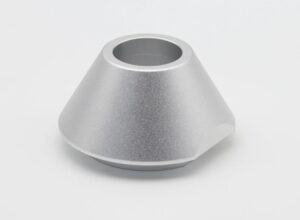

Artificial intelligence (AI) and machine learning are also making waves in the CNC machining sector. These technologies are being used to analyze vast amounts of data generated by CNC machines, enabling manufacturers to identify patterns, optimize cutting parameters, and improve overall process efficiency. AI-powered systems can predict tool wear and tear, recommend optimal machining strategies, and even detect potential errors before they occur. By harnessing the power of AI, manufacturers can achieve higher levels of precision, reduce material waste, and lower production costs.
High-speed machining is another area that has seen significant advancements. Modern CNC machines are capable of operating at faster spindle speeds and feed rates, enabling the rapid production of intricate parts. Advances in tooling materials, such as diamond-coated tools, have further enhanced the efficiency of high-speed machining, particularly when working with hard or abrasive materials. These advancements are particularly beneficial in industries where time-to-market is critical, such as electronics and consumer goods.
Sustainability is also playing a growing role in shaping the future of CNC machining. Manufacturers are increasingly adopting eco-friendly practices, such as using energy-efficient machines, reducing material waste, and incorporating recycled materials into production processes. Additionally, advancements in CNC technology are enabling the creation of lighter and more durable components, which can lead to significant reductions in energy consumption over the lifecycle of a product. As environmental concerns continue to influence consumer and regulatory demands, sustainable CNC machining practices are becoming a key competitive advantage.
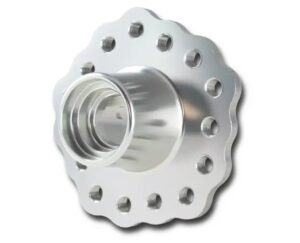

In conclusion, the CNC machining industry is undergoing a period of rapid transformation, driven by technological innovations such as automation, IoT, additive manufacturing, AI, and a focus on sustainability. These trends are not only enhancing the efficiency and precision of CNC machining but also opening up new possibilities for manufacturers to create complex, customized, and sustainable products. As these technologies continue to evolve, the future of CNC machining promises to be even more dynamic and innovative, enabling manufacturers to meet the demands of an ever-changing global market.
Benefits Of Partnering With A CNC Machining Manufacturer
In the realm of modern manufacturing, precision and efficiency are paramount, driving businesses to seek innovative solutions to stay competitive. Partnering with a CNC machining manufacturer offers a multitude of benefits that can elevate your operations, ensuring high-quality products and streamlined processes.
One of the foremost advantages of CNC machining is its unparalleled precision and accuracy. Computer Numerical Control (CNC) technology utilizes pre-programmed software to guide machinery, minimizing human error and producing components with exacting specifications. This level of accuracy is crucial for industries where even the slightest deviation can lead to product failure, thereby enhancing overall quality and reliability.
Furthermore, CNC machining significantly boosts efficiency and productivity. These machines operate continuously with minimal supervision, allowing for round-the-clock production. This consistent workflow reduces downtime and accelerates production cycles, making it ideal for meeting tight deadlines and scaling output as needed.
Cost savings are another compelling benefit. By automating the machining process, labor costs are reduced, and the precise nature of CNC machining minimizes material waste. This efficiency translates to lower overall production expenses, making it a cost-effective solution for businesses aiming to optimize their budget.
Scalability is yet another advantage, as CNC machining can effortlessly adapt to various production volumes. Whether producing small batches or large quantities, the same machinery can be adjusted with minimal setup changes, offering flexibility that meets diverse production needs without compromising quality.
Partnering with a CNC machining manufacturer also grants access to their expertise and specialized knowledge. These professionals bring extensive experience in optimizing processes, troubleshooting, and implementing best practices, ensuring that your projects benefit from their in-depth understanding of machining techniques.
In addition, collaborating with a CNC manufacturer exposes your business to the latest technological advancements. These manufacturers continually invest in cutting-edge equipment and software, providing innovative solutions tailored to your specific requirements and keeping you at the forefront of industry trends.
In conclusion, the benefits of partnering with a CNC machining manufacturer are vast and transformative. From enhanced precision and efficiency to cost savings and scalability, this collaboration can significantly enhance your manufacturing capabilities. By leveraging their expertise and technology, your business can achieve higher quality products, improved reliability, and a competitive edge in the market. Embracing CNC machining is not just a strategic move; it’s a pathway to sustainable growth and success.
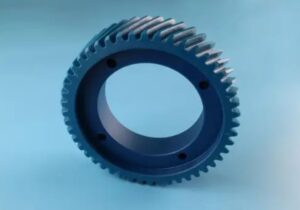

Case Studies: Successful Projects By A CNC Machining Manufacturer
In the realm of modern manufacturing, CNC machining stands as a cornerstone of precision and efficiency. Computer Numerical Control (CNC) machining utilizes automated systems to produce components with exacting standards, catering to diverse industries such as aerospace, automotive, and medical. This article delves into three case studies showcasing a CNC machining manufacturer’s prowess in delivering tailored solutions across these sectors.
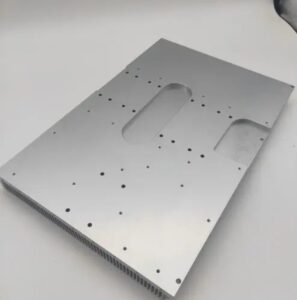

First, consider a project within the aerospace industry, where precision is paramount. A client required a critical component with stringent tolerances, essential for withstanding extreme conditions. The manufacturer employed 5-axis machining, enabling the crafting of complex geometries with unparalleled accuracy. This approach not only met but exceeded aerospace standards, ensuring the component’s reliability under stress.
Transitioning to the automotive sector, an original equipment manufacturer (OEM) faced a challenge in producing a complex engine part swiftly. The manufacturer responded by optimizing production through high-speed machining and lean manufacturing techniques. This strategy not only accelerated production but also maintained quality, delivering the component on time and within budget.
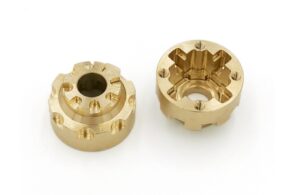

Another example of the manufacturer’s expertise lies in the medical field, where a device maker needed parts with tight tolerances and biocompatible materials. Utilizing advanced CNC machines equipped with precision tooling, the manufacturer successfully produced components that met FDA standards. These parts not only enhanced device reliability but also contributed to improved patient outcomes.
In conclusion, these case studies illustrate the manufacturer’s versatility and commitment to excellence. By leveraging cutting-edge technology and a customer-centric approach, the company consistently delivers solutions that drive success across industries. Whether in aerospace, automotive, or medical sectors, the manufacturer’s dedication to precision and innovation underscores its role as a leader in CNC machining.

